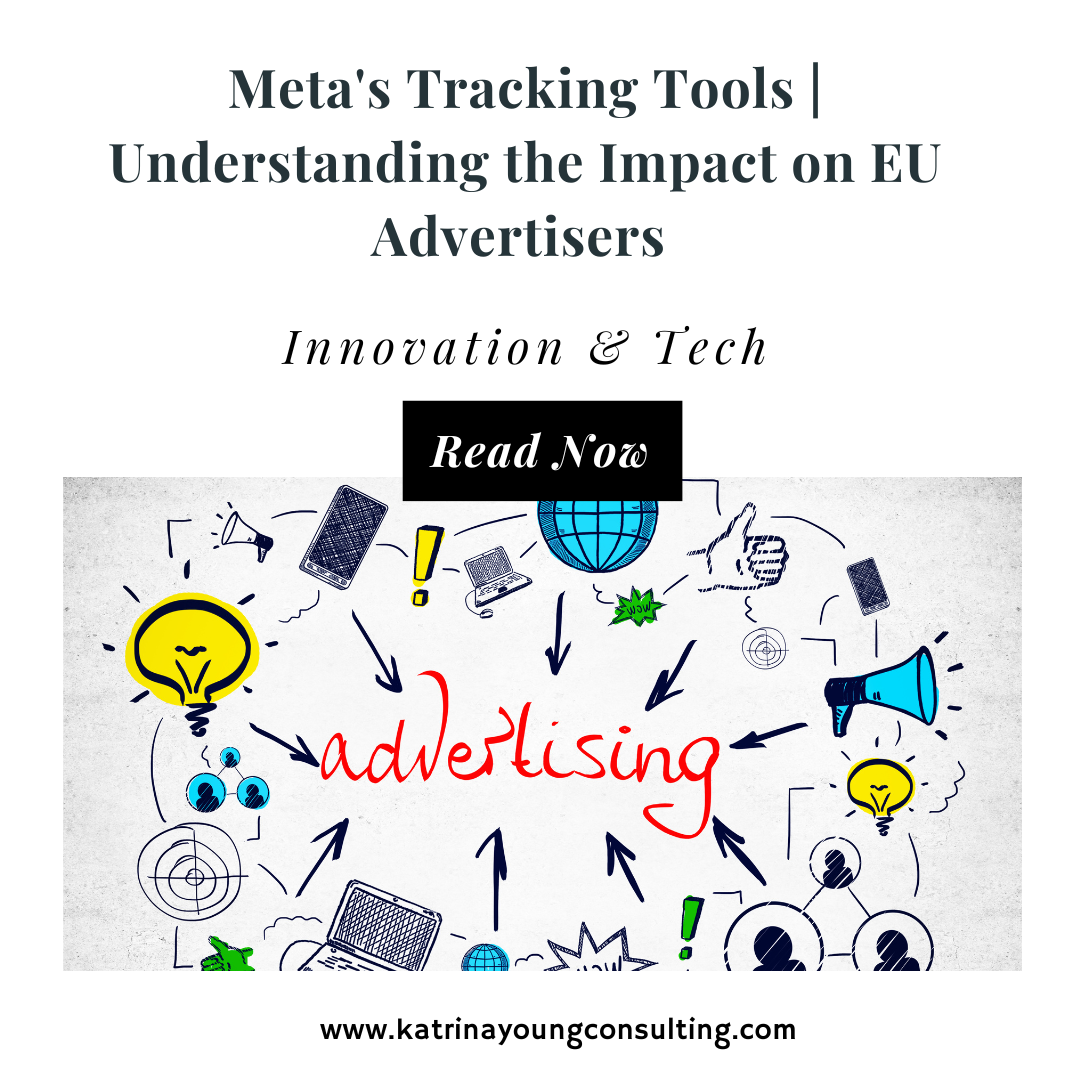Meta's Tracking Tools : Understanding the Impact on EU Advertisers
As an advertiser, it's crucial to stay up-to-date with the latest developments in data protection laws. Recently, one of the EU data protection authorities has ruled that Meta's tracking tools, including the tracking pixel of Facebook and Instagram ads, are illegal under the GDPR. This ruling is a significant blow to Meta's advertising capabilities in the EU, as it affects their ability to track user behaviour and target ads effectively. In this blog, we'll explore the implications of this ruling and what it means for EU advertisers.
The issue at hand is similar to the one faced by Google Analytics, as US surveillance laws require US companies, like Meta, to provide user's personal information to US authorities upon request. This requirement contradicts the GDPR, which mandates that companies can only collect user data if they have explicit consent or if it is necessary for the performance of a contract. The ruling from the EU data protection authority is based on the fact that Meta's tracking tools do not comply with these requirements and are, therefore, illegal under the GDPR.
This ruling has significant implications for EU advertisers who use Meta's tracking tools, including the tracking pixel of Facebook and Instagram ads. The tracking pixel is a tiny image that allows advertisers to track user behavior, such as clicks and conversions, and retarget users with ads based on their previous interactions with the brand. Without the ability to use these tools, advertisers may struggle to deliver relevant ads to their target audience, impacting their advertising ROI.
It's worth noting that this ruling only applies to Meta's tracking tools, and advertisers can still use other tracking solutions that comply with the GDPR. However, it's essential to review your advertising strategy and ensure that your tracking tools are compliant with data protection laws. Failure to do so can result in hefty fines and damage to your brand's reputation.
So, what can EU advertisers do to comply with the GDPR and still deliver effective advertising campaigns? Here are some action points to consider:
Review your advertising strategy: Take a close look at your advertising strategy and ensure that it aligns with data protection laws. Review the tracking tools you use and consider whether they are compliant with the GDPR.
Use GDPR-compliant tracking solutions: Explore alternative tracking solutions that are GDPR-compliant. Consider using first-party cookies or other tracking technologies that do not require user consent.
Obtain explicit consent: If you decide to continue using Meta's tracking tools, make sure to obtain explicit consent from your users before collecting their data. Ensure you provide clear and concise information about the data you collect and how you use it.
Keep data safe: It's essential to keep user data safe and secure. Implement encryption and access controls to prevent data breaches and unauthorised access.
The recent ruling against Meta's tracking tools is a wake-up call for advertisers to review their advertising strategy and ensure that it aligns with data protection laws. As an advertiser, it's essential to stay informed about changes in data protection laws and take action to protect your users' data.
By using GDPR-compliant tracking solutions and obtaining explicit consent, you can deliver effective advertising campaigns while staying compliant with data protection laws.



